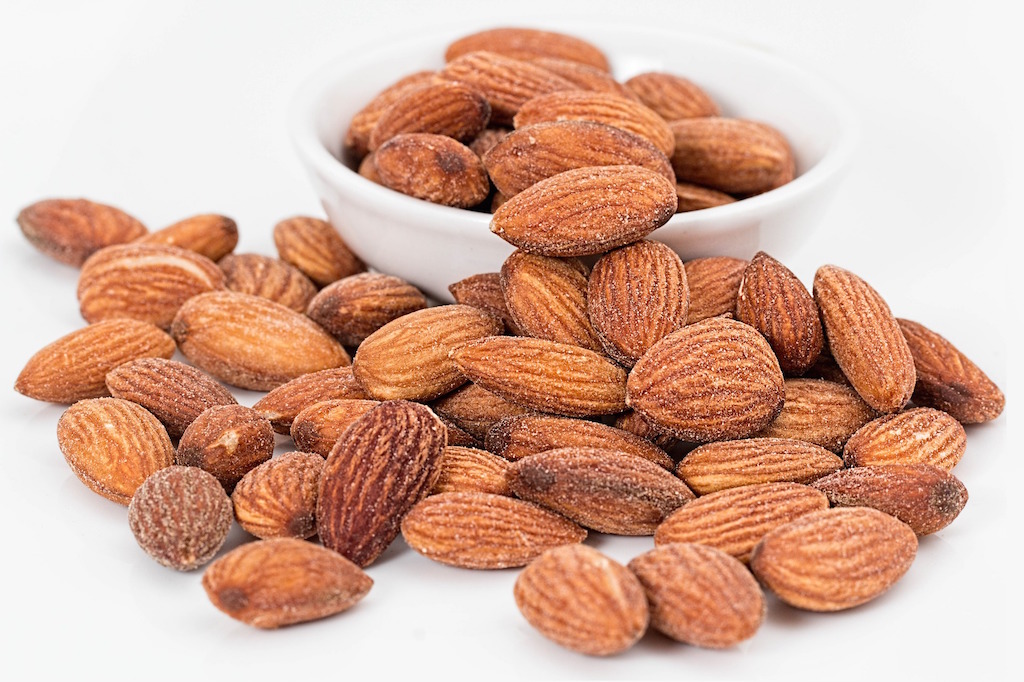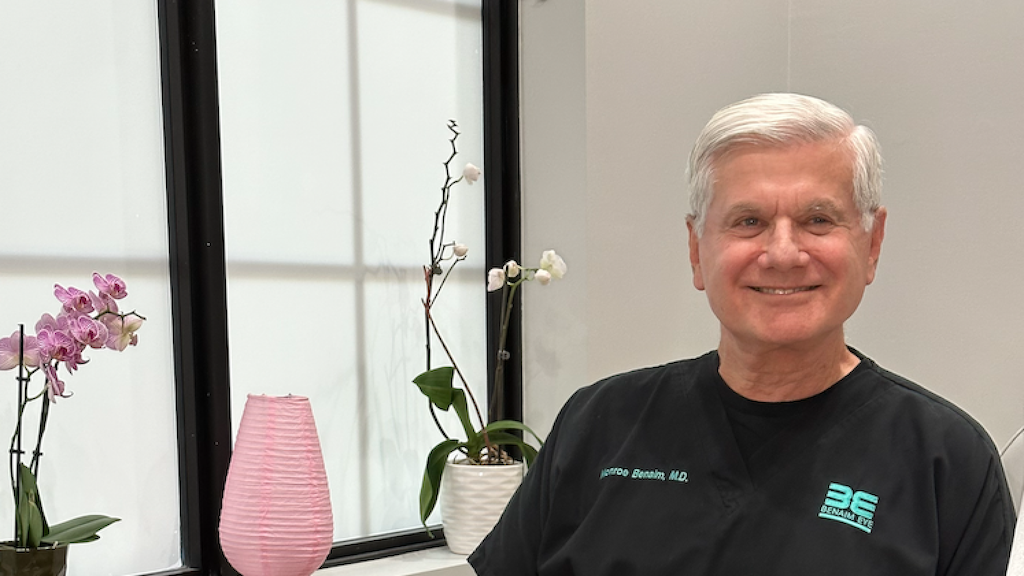 As we kick off the New Year, we reexamine our lives and look for small ways to make meaningful changes. The food we fill our plate with is a good place to start. It has the ability to affect our minds and our bodies, including our eyes.
Certain foods can decrease your risk of cataracts, while others can slow down age-related macular degeneration.
Consider adding these five foods into your diet to boost your eye — and overall — health this year.
As we kick off the New Year, we reexamine our lives and look for small ways to make meaningful changes. The food we fill our plate with is a good place to start. It has the ability to affect our minds and our bodies, including our eyes.
Certain foods can decrease your risk of cataracts, while others can slow down age-related macular degeneration.
Consider adding these five foods into your diet to boost your eye — and overall — health this year.
Red Peppers
Red peppers add a splash of color to any meal, from fajitas to stir-fry. They also offer the most vitamin C per calorie, which is good for the blood vessels in our eyes. However, heat breaks down vitamin C so try to eat raw red peppers, when possible. Add chopped red peppers to an arugula and spinach salad with feta cheese or dip pepper strips into hummus for a healthy snack.
Nuts & Seeds
One ounce of seeds or almonds has half the amount of vitamin E recommended for adults by the USDA. Vitamin E is important to your vision, as well as your brain and skin. A five-year study found that vitamin E, along with other nutrients, reduced the progression of advanced age-related macular degeneration by 25 percent. Almond butter with sliced apples is a simple — and tasty — way to get your vitamin E.
Kale & Spinach
These two leafy greens pack a powerful punch. Just one cup of cooked kale or spinach will give you more than 20 milligrams of lutein and zeaxanthin (nutrients that are good for the eyes). Both have been found to reduce risk of cataracts and age-related macular degeneration. Blend a cup of kale with a handful of spinach, a banana, half a cup of pineapple, half a cup of mango, and ice and you’ll get your favorite smoothie ever — plus a boost for your eyes.
Eggs
Not a kale fan? We understand. Luckily, there are other ways to get your daily dose of lutein and zeaxanthin — like eggs. Whether you take them sunny-side up or scrambled, eggs also have a decent amount of the two nutrients. If you’re vegan, oranges are another alternative.
Salmon
Not all fats are bad — or created equally. Salmon is rich in omega-3 fatty acids, which aids in visual development, retinal function, and may even help prevent dry eye. Wild salmon is a healthier option than farmed, and it’s great with olive oil and lemon pepper. You can even eat it for breakfast: Try smoked salmon with an egg and cream cheese on a bagel for a protein-packed start to your day.
Cheers to a great year ahead — fueled by foods that are good for your eyes.


